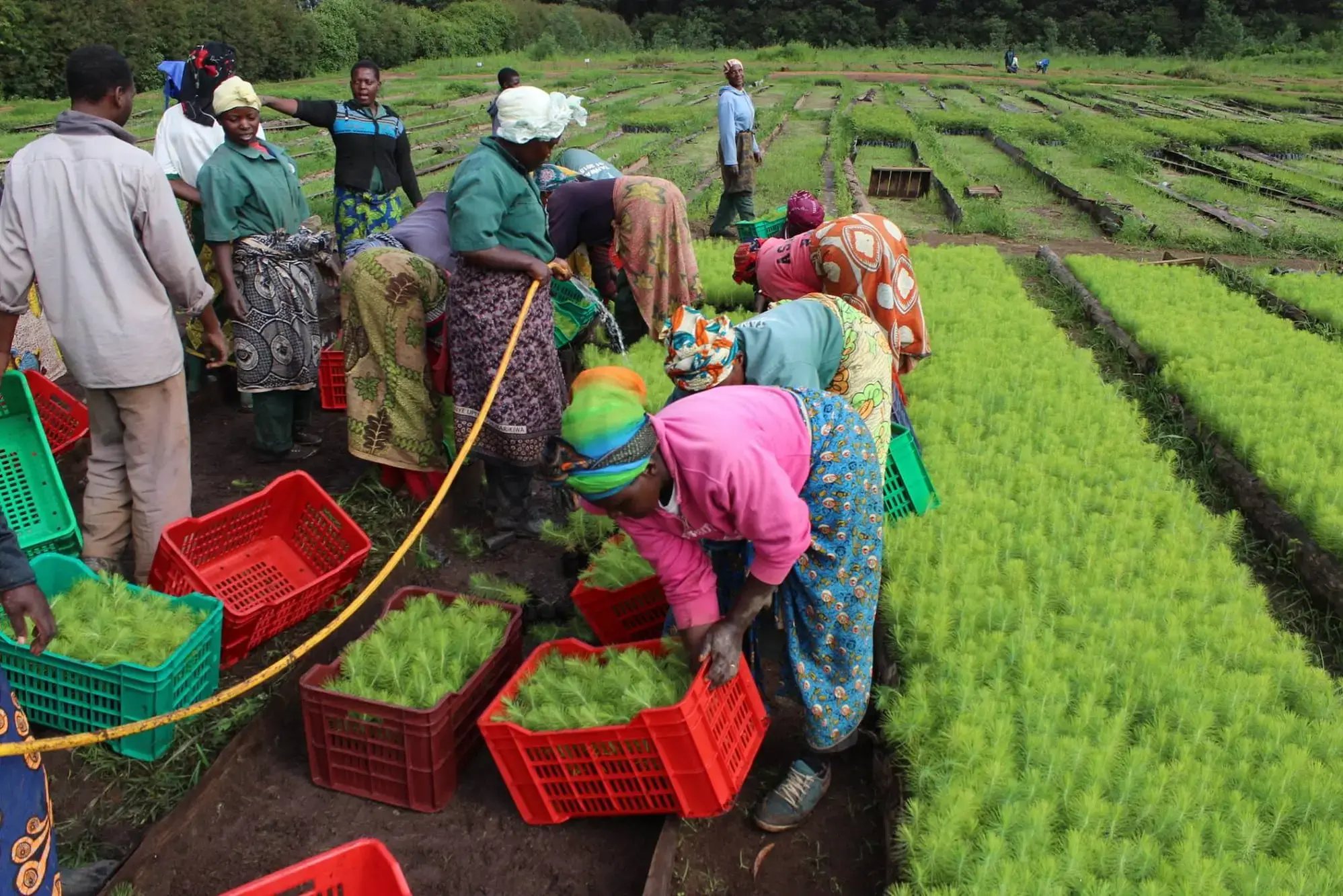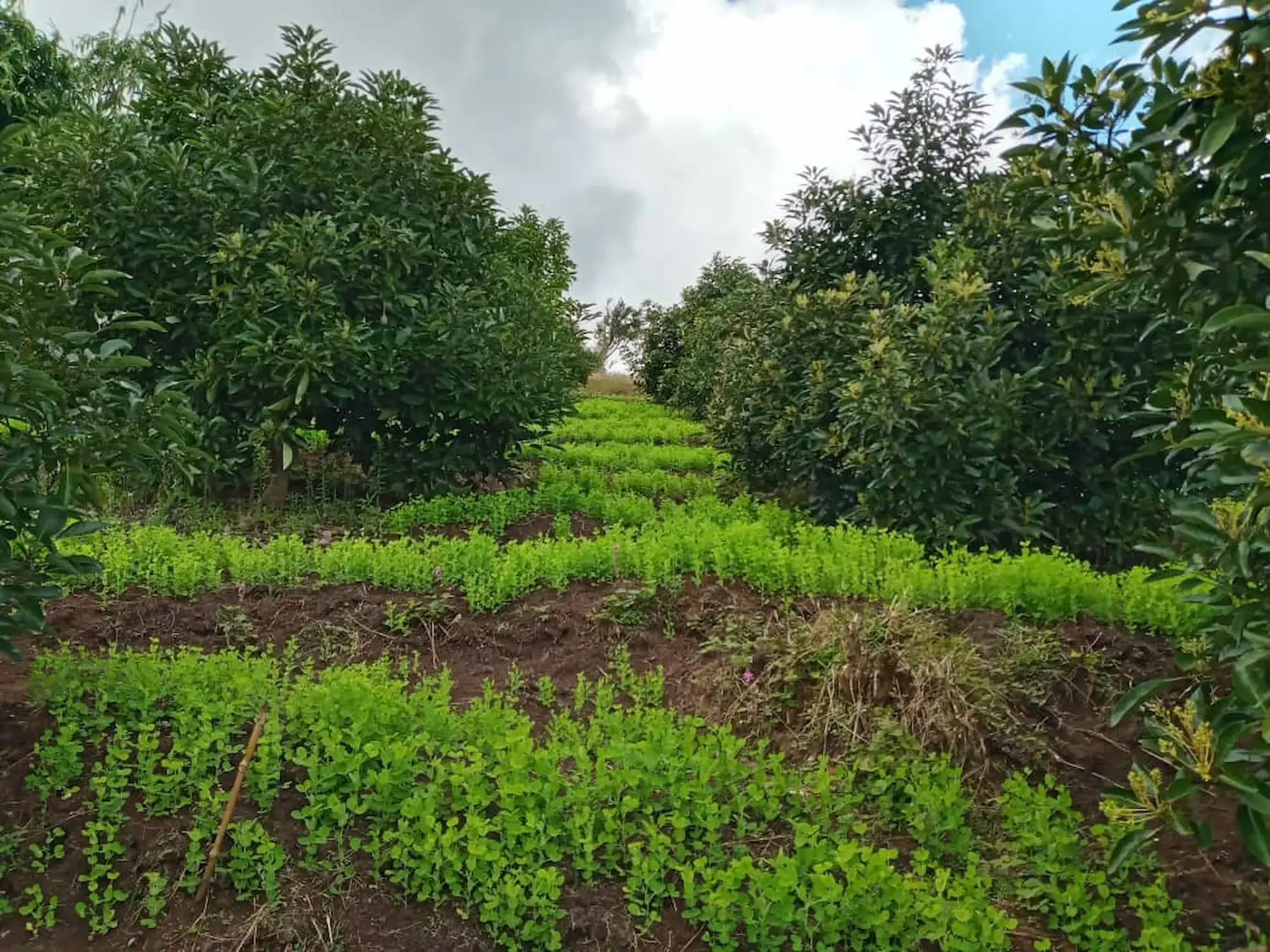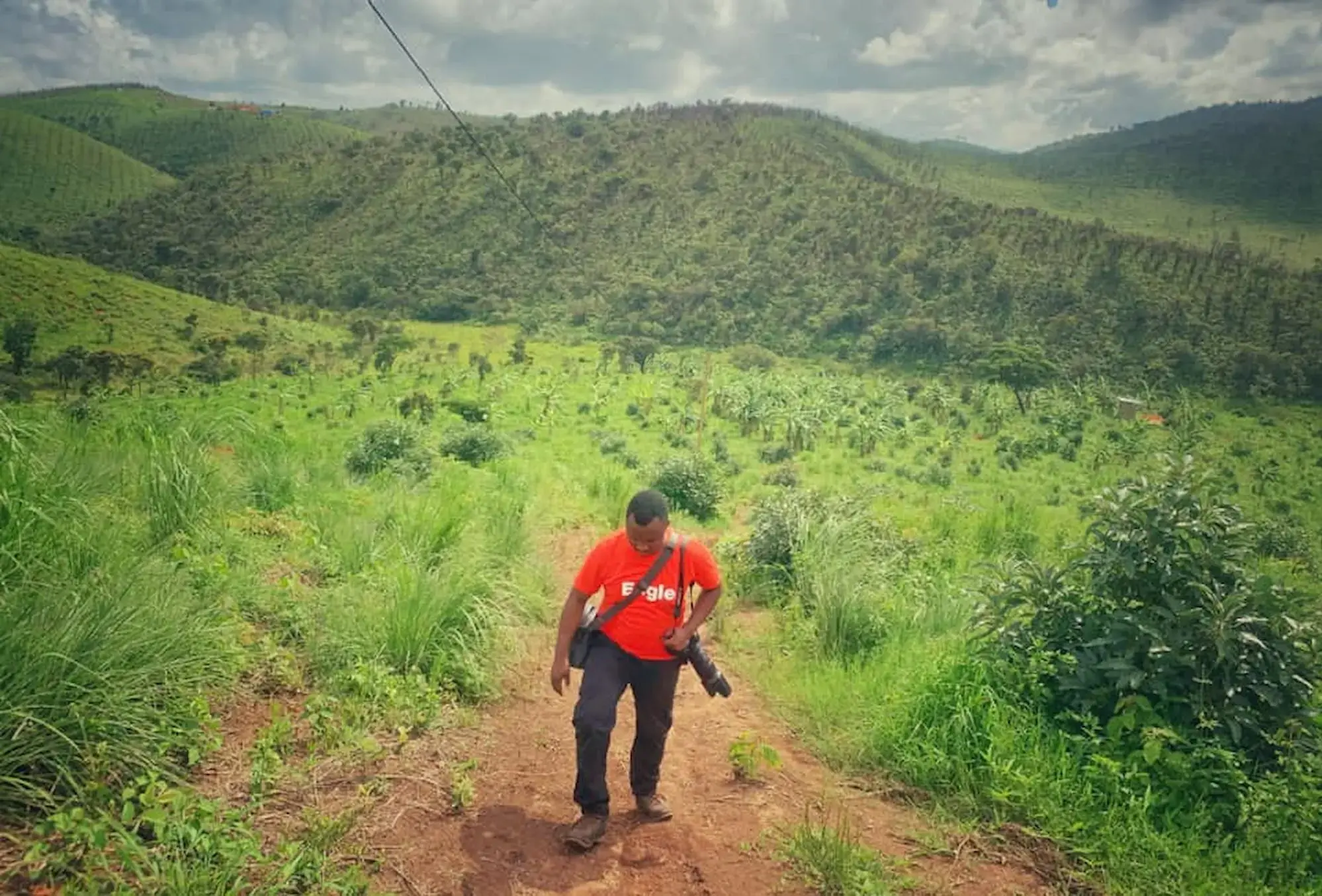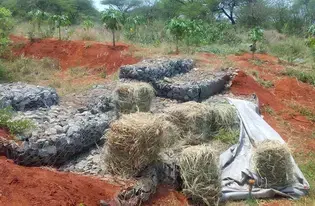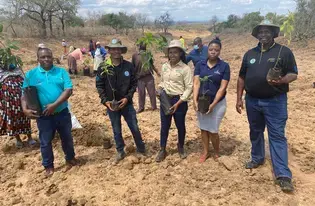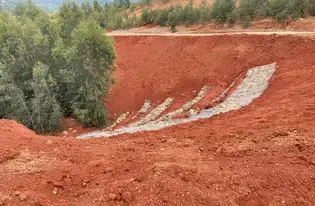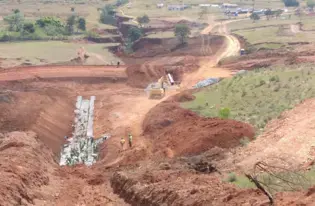In Tanzania, the transformation of communities through landscape restoration is inspiring. From planting trees to protecting riverbanks, local enterprise Germark Holdings is demonstrating the power of working with farmers to restore degraded landscapes and promote energy security.
Drought is becoming more common in Tanzania and experts have warned that the dry season is likely to be prolonged as a result of climate change. For example, water supply from the Ruvu River (the principal source of water for Dar es Salaam, Tanzania's largest city) has dropped from 466 million liters per day to about 300 million liters, whilst citizens consume about 500 million liters a day - according to the Dar es Salaam Water and Sewage Authority (DAWASA).
To reduce water scarcity, foster landscape restoration and protect the country’s water bodies, Germark Holdings has stepped in and is leading by example on how to practice riparian restoration.
Germark Holdings was founded in 2013 and provides renewable energy solutions with a focus on hydro, solar, biomass and wind. Although primarily an energy producer, the company has expanded its work to landscape restoration and recently received support from TerraFund for AFR100, an initiative of World Resources Institute, One Tree Planted, and Realize Impact that finances Africa's top restoration enterprises and projects.
The partnership with AFR100 will support Germark in growing fruit trees around riparian areas, leading to long-term social and environmental benefits. AFR100, the African Forest Landscape Restoration Initiative, is a country-led effort to bring 100 million hectares of land in Africa into restoration by 2030.
The team at Germark Holdings was encouraged to invest in landscape restoration after coming to understand the importance of sustainability and environmental protection in hydropower generation.
Today, the company invests in community-led landscape and riparian restoration by planting indigenous trees such as Mivengi (Water-Berry) and Maya (Treculia Africana) around the water sources used to generate the hydropower. This effort is reducing soil erosion, ensuring the proper utilization of water resources and promoting energy security.
Germark Holdings has teamed up with local farmers, 55% of whom are women and 30% are youth. They are encouraged to become partners in landscape restoration by planting trees on their land, which also creates a new income stream. They are encouraged to practice sustainable farming and grow bananas, yams and other crops from seeds and seedlings provided free of charge by the company. When it comes time for harvesting, they share the profits.
With support from AFR100, the company isrestoring 250 hectares of land - 150 hectares through agroforestry and 100 hectares through riparian restoration.
The project is supporting ongoing reforestation efforts and providing additional income to around 500 farmers. On average, each farmer has restored one to two hectares of land, which has motivated neighboring farmers to join the restoration effort.
Today, farmers are supported to practice sustainable farming and use organic fertilizer to boost productivity. The project has so far created ten full time jobs for staff who work closely with farmers on a day-to-day basis.
Wamola Geoffrey Mwangwa, Founder and CEO of Germark Holdings, believes in empowering the community to practice sustainable farming.
“We initially invest in farmers by providing free seedlings so that they can increase their yields. We don’t expect any interest on the income they earn from harvest. We only share a percentage of the profit,” says Wamola.
Germark Holdings is committed to restoring degraded land in Tanzania, and aims to restore at least 50 hectares every year. The company is now set to collaborate with an additional 500 farmers by the end of 2023.
In the long term, Germark Holdings plans to extend this initiative and introduce more restoration projects utilizing technology to achieve speed and scale. To realize this goal, the company will invest in new partnerships with the government and other restoration pioneers. Germark looks forward to planting 50,000 more trees.
The work of Wamola and the team at Germark Holdings demonstrates that by putting the community at the heart of landscape restoration efforts, anything is possible.
